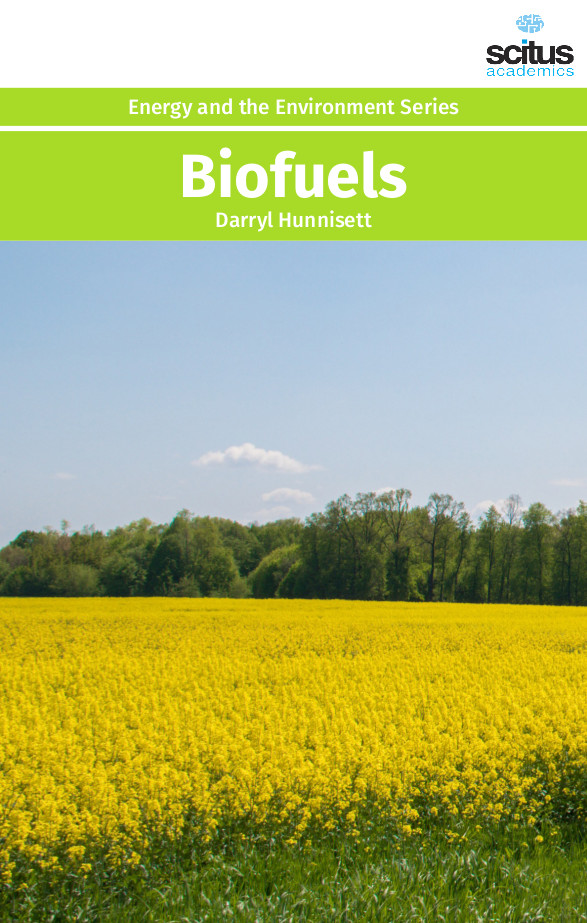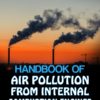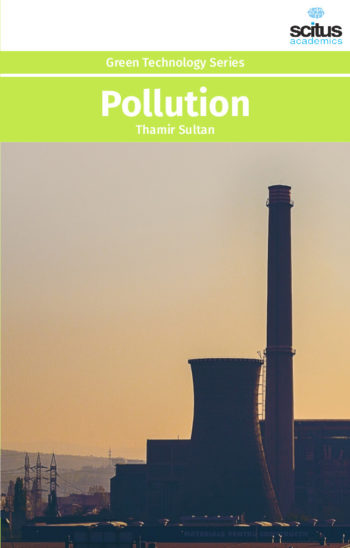Fuels that have been extracted from plants and crops are known as biofuels. Of these, the most commonly extracted and used one is Bioethanol or simply Ethanol and Biodiesel. It is blended with gasoline and can be used as an alternative fuel for vehicles. Plant based fuels comes from renewable source, can be grown anywhere and have lower carbon emissions as compared to fossil fuels. Biofuels not only help a struggling economy by providing jobs but also helps in reducing greenhouse gases up to much extent by emitting less pollution. Overall, bioenergy covers approximately 10% of the total world energy demand. Traditional unprocessed biomass such as fuelwood, charcoal and animal dung accounts for most of this and represents the main source of energy for a large number of people in developing countries who use it mainly for cooking and heating. As prices of crude oil are soaring day by day, most people are switching to biofuels to save money and reduce their dependance on oil. Biofuels may be derived from agricultural crops, including conventional food plants or from special energy crops. Biofuels may also be derived from forestry, agricultural or fishery products or municipal wastes, as well as from agro-industry, food industry and food service by-products and wastes.
This book ‘Biofuels’ aspires to be a wide-ranging summary of current biofuels issues and thereby contribute to the understanding of this important topic. Readers will find themes including biofuels development efforts, their implications for the food industry, current and future biofuels crops, insights of the first, second, third and fourth biofuel generations, advanced biofuel production techniques, related waste treatment, emissions and environmental impacts, water consumption, produced allergens and toxins. It will also describe the current production of the four forms of biomass i.e. sucrose, starch, ligno-cellulose and plant oil by different bioenergy crops. It will also briefly describe how to convert the biomass to biofuels by different methods. An analysis of energy conversion efficiency during converting biomass to biofuels and an economic evaluation on using the different biomass will be carried out. The book shows also some aspects of the environmental impact of the production and biofuels using, and describes perspectives of biofuel production technology development. Additionally, the biofuel discussion is expected to be continuing in the predictable future and the reading of the biofuels features dealt with in this book. This book is recommended for anyone interested in understanding this varied and emergent subject.













